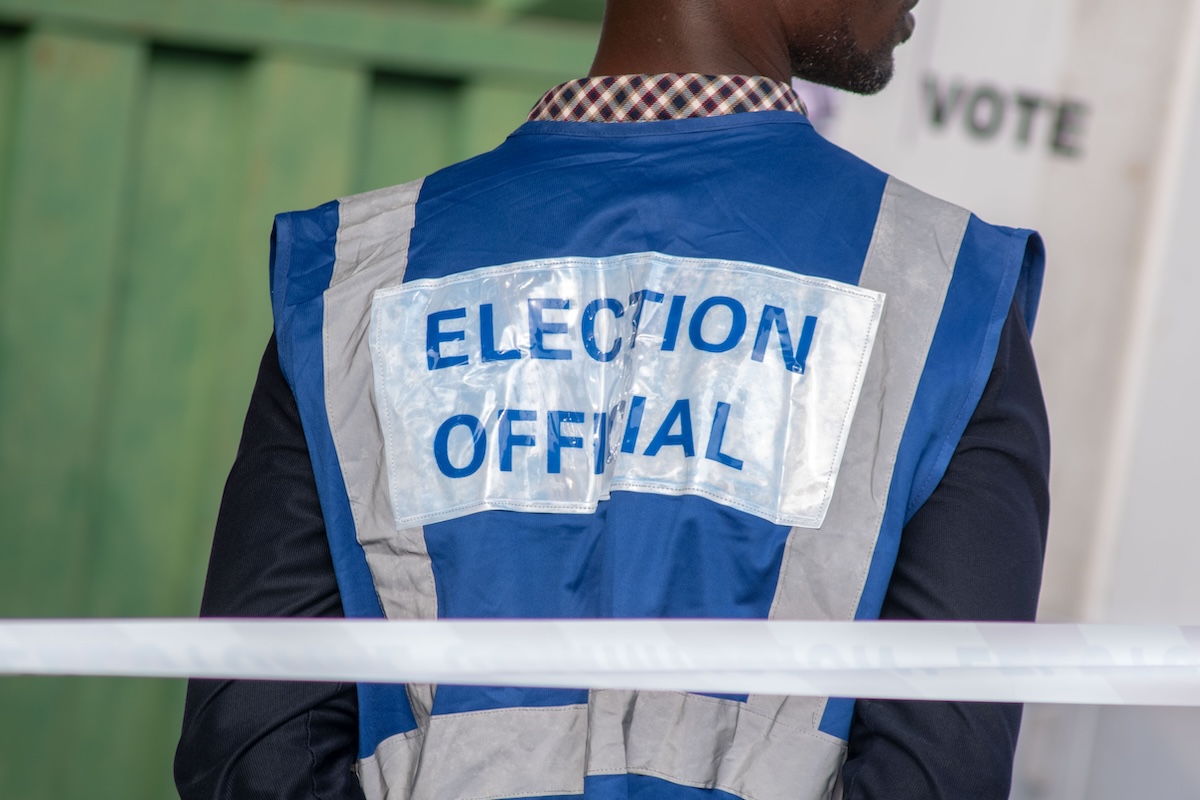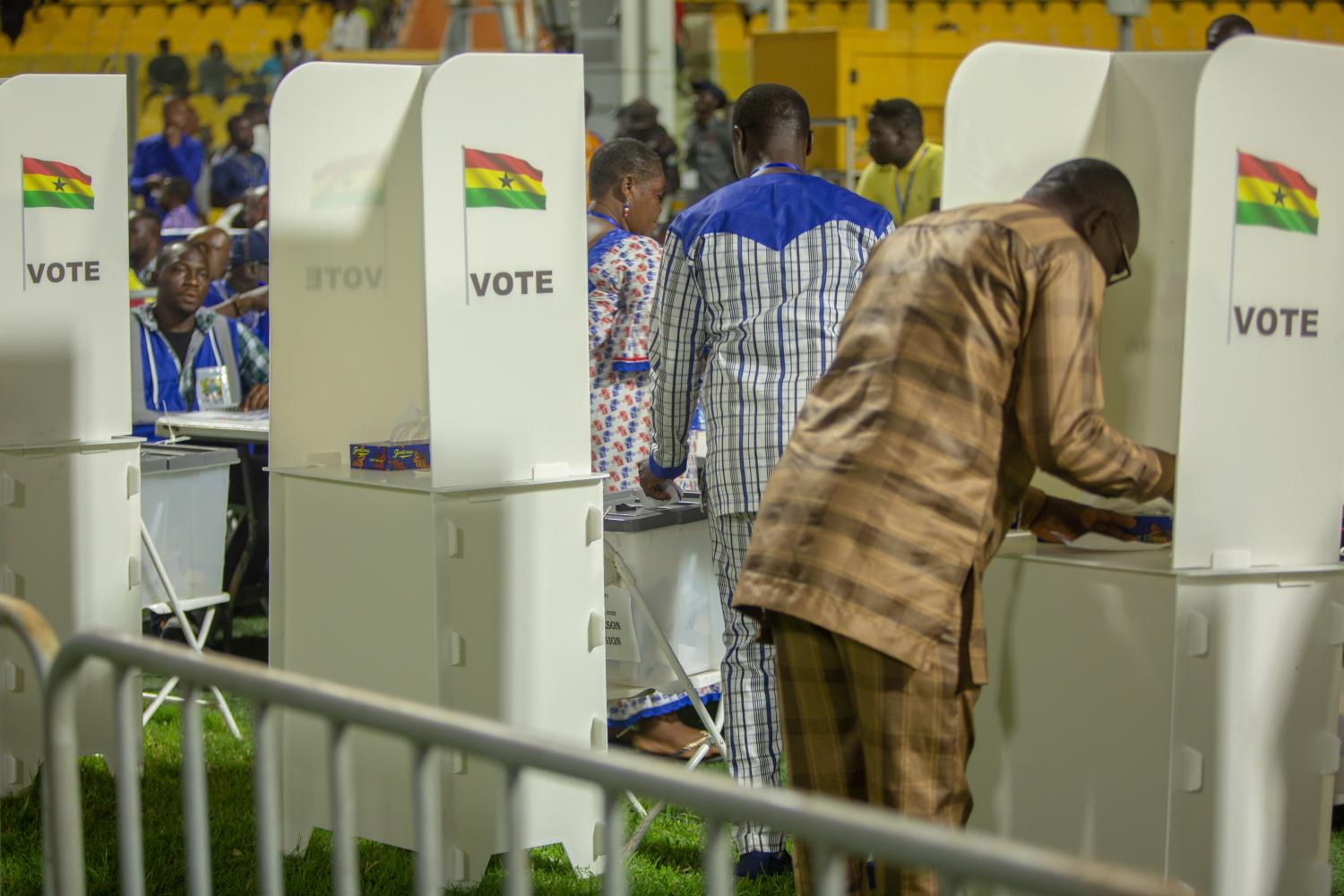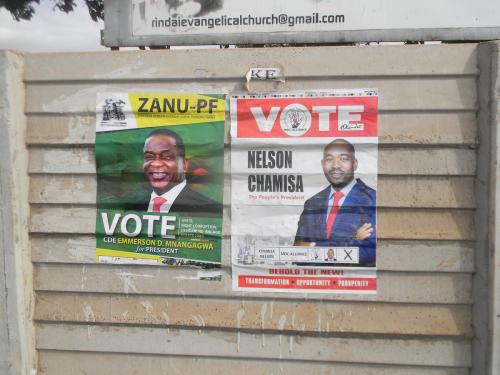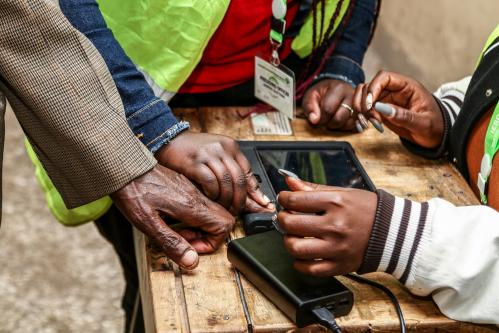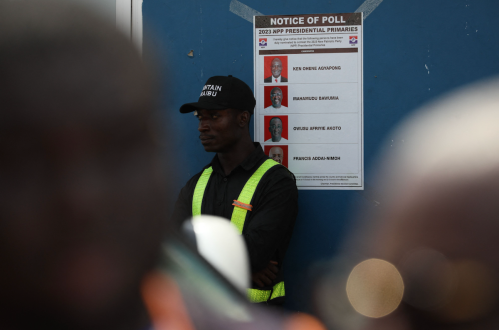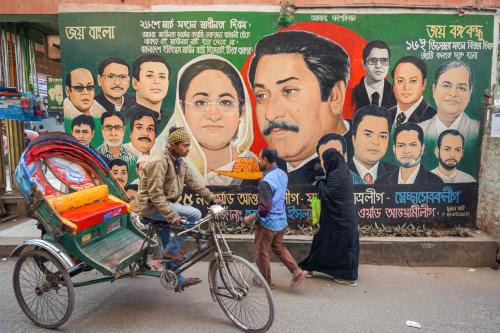This case study is part of a project on the state of democracy in Africa. See our other works from this project.
This study analyzes Ghana’s democratic trajectory under the Fourth Republic, focusing on the extent of democratic consolidation, the sources of its resilience, and emerging threats. While Ghana earns high marks in international democracy indices, much of this reflects the strength of its liberal institutions rather than deep-rooted electoral democratic norms. Despite regular multiparty elections, political elites often rely on undemocratic practices, and the dominant parties function more as patronage networks than democratic organizations. Consequently, party membership and activism are driven more by patronage than by policy commitments, weakening parties’ roles as institutions of democratic accountability. At the population level, although most Ghanaians express support for democracy, survey evidence reveals weak commitment to core liberal principles. A sizable minority approve of authoritarian policies, such as restrictions on the media or non-electoral leadership selection. These dynamics reveal vulnerabilities in both elite and citizen support for democracy. To safeguard democratic resilience, reforms must strengthen party finance regulation, promote internal party democracy, and deepen civic engagement and liberal norms.
-
Acknowledgements and disclosures
The Brookings Institution is a nonprofit organization devoted to independent research and policy solutions. Its mission is to conduct high-quality, independent research and based on that research, to provide innovative, practical recommendations for policymakers and the public. The conclusions and recommendations of any Brookings publication are solely those of its author(s), and do not reflect the views or policies of the Institution, its management, its other scholars, or the funders acknowledged below.
This publication is supported by a grant from the Open Society Foundations.
Brookings recognizes that the value it provides is in its absolute commitment to quality, independence, and impact. Activities supported by its donors reflect this commitment.
The Brookings Institution is committed to quality, independence, and impact.
We are supported by a diverse array of funders. In line with our values and policies, each Brookings publication represents the sole views of its author(s).
